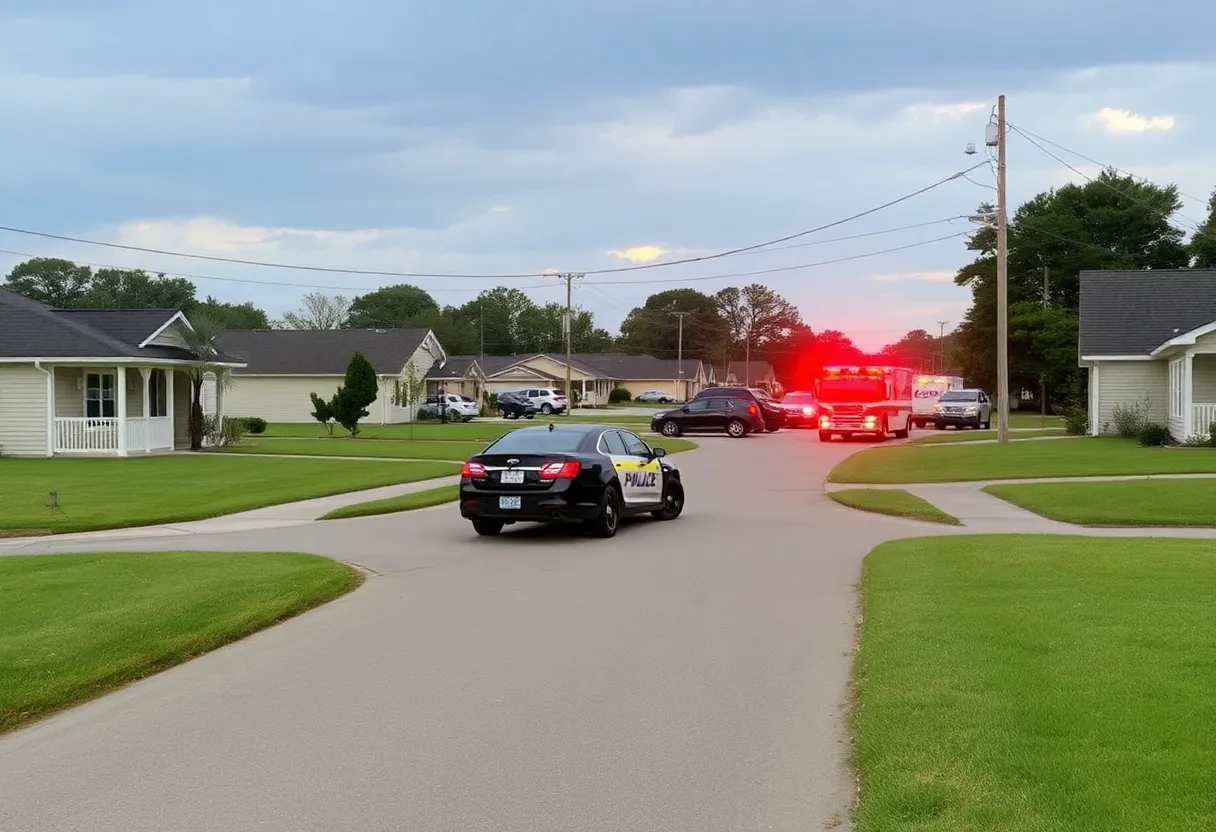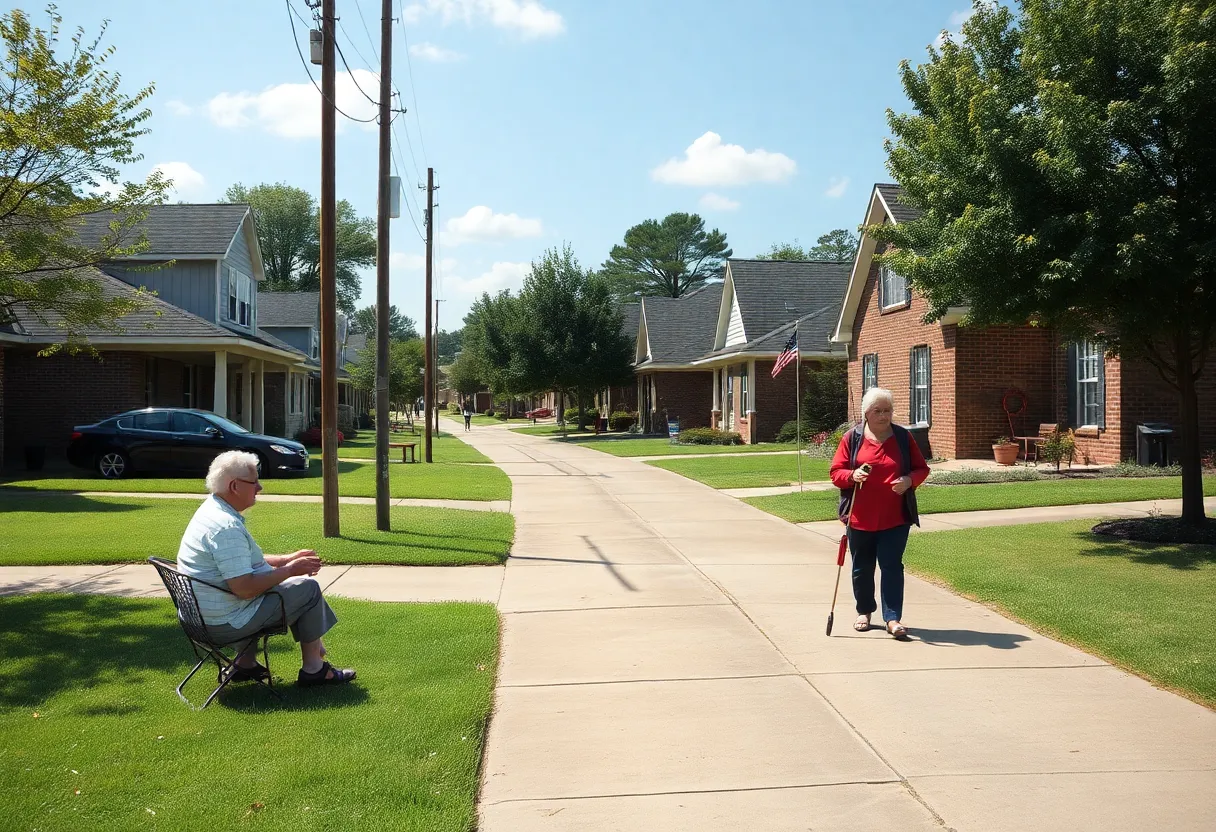Shreveport LGBTQIA Community Speaks Out Against ‘Don’t Say Gay’ Bills in Louisiana
Shreveport’s LGBTQIA+ Community Vocalizes Opposition
The LGBTQIA+ community in Shreveport may be looking at reduced liberties with the passing of two pieces of contentious legislation in Louisiana, ignited a firestorm of public feedback. Advocatives have been actively voicing opposition against the bills which restrict the usage of pronouns and discussions of gender and sexuality in the classroom environment.
Government Overreach in the Crosshairs
“The Louisiana legislature is once again attempting government overreach with bills, which are blatantly targeting the LGBTQ community,” shared PACE President Heather Goodman D’Anna. “The new governor, Jeff Landry, backed by a minority of Louisiana voters, has been known to suppress LGBTQ rights, depriving individuals of rights such as employment in government institutions.”
The restriction of Sexual Orientation and Gender Identity Discussion
The “Don’t Say Gay” bill, advanced by Republican Representative Dodie Horton, received 67 votes in favor against 28 opposed. This bill restricts the discussion of sexual orientation and gender identity within public schools. Goodman strongly criticized the bill, stating it’s devoid of any common sense. She highlighted the absurdity that under this new law, teachers cannot mention their own heterosexual spouses or identity, discuss LGBTQ issues or even permit guest speakers on the subject within an extracurricular club setting.
The Second Bill
The second controversial bill, HB 121, proposed by Republican Representative Raymond Crews, disallows school employees from referring to a student by anything other than their legal name unless explicit written permission is given by the parents. In addition, an amendment was attached to the bill, preventing schools from disciplining students who deadname or misgender their classmates. Deadnaming is the act of referring to a transgender or non-binary person by their pre-transition name whereas misgendering refers to incorrectly labelling or pronouncing an individual’s gender.
Community Response
Local LGBTQIA+ advocate Steven Knight expressed his belief that these pieces of legislation are grounded in anti-transgender and broader anti-LGBTQIA+ sentiment. He emphasized the bills’ complete disregard and dehumanizing language towards the autonomy of young people. Knight expressed concern about the negative impact on children’s resilience, kindness, and overall understanding of individuals different from themselves.
Final considerations
Although these bills have been advanced, the LGBTQIA+ community and their allies continue to adamantly voice their opposition. The community is hopeful that more opportunities will arise enabling families impacted by these bills, and their spokespersons, to share their experiences. The damage these bills could cause if enacted in their current forms would be more harmful than helpful, says community members.
What’s Next?
As these two controversial bills make their way to the Senate committee for review, critics question why legislators, are prioritizing solutions to non-existent problems. Especially in a state like Louisiana, perennially ranked at or near the bottom in terms of education and healthcare, and suffering from the “brain-drain”phenomenon of youthful migration. The developments up ahead will be crucial in determining the future of LGBTQIA+ rights within the state.







